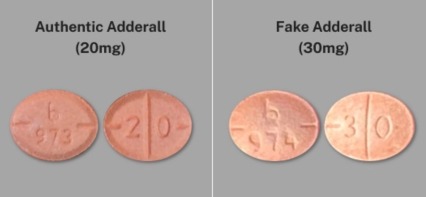Highlights
Image

©Getty Images/georgeclerk
- Fentanyl is an opioid drug, like morphine or heroin. It is made entirely in laboratories, with no natural ingredients. Although it is approved as a prescription pain medicine, most of the fentanyl contributing to the current overdose crisis is made illegally.
- Fentanyl is more potent (powerful) than many other opioid drugs. Even a small amount can cause a fatal overdose. That can even happen when a person takes fentanyl without knowing it, if it was added to counterfeit prescription pills or other illegal drugs. Using fentanyl test strips can reduce the risk of using drugs that contain fentanyl.
- Fentanyl is addictive. Like other opioids, repeated use causes changes in brain activity that cause people to continue using it even when they experience harmful effects.
Latest from NIDA
Older Black men are disproportionately affected by the overdose crisis
|
Highlighting the tragic epidemic of overdose deaths among older Black men in Baltimore
To address the fentanyl crisis, greater access to methadone is needed
|
People with an opioid use disorder urgently need treatment to protect from overdosing and to help achieve recovery
NIH-funded intervention did not impact opioid-related overdose death rates over evaluation period
|
COVID-19 and increasingly dangerous drugs among factors that may have contributed to diminished impact of intervention
Read more about fentanyl
- Information on what to do if you think someone is overdosing, from the CDC.
- Information about overdose reversal medications.
- More about how fentanyl test strips can be used to test drugs for fentanyl from the CDC.
- Information on how to host a naloxone demonstration.
- How to find treatment for fentanyl addiction or other substance use disorders.




